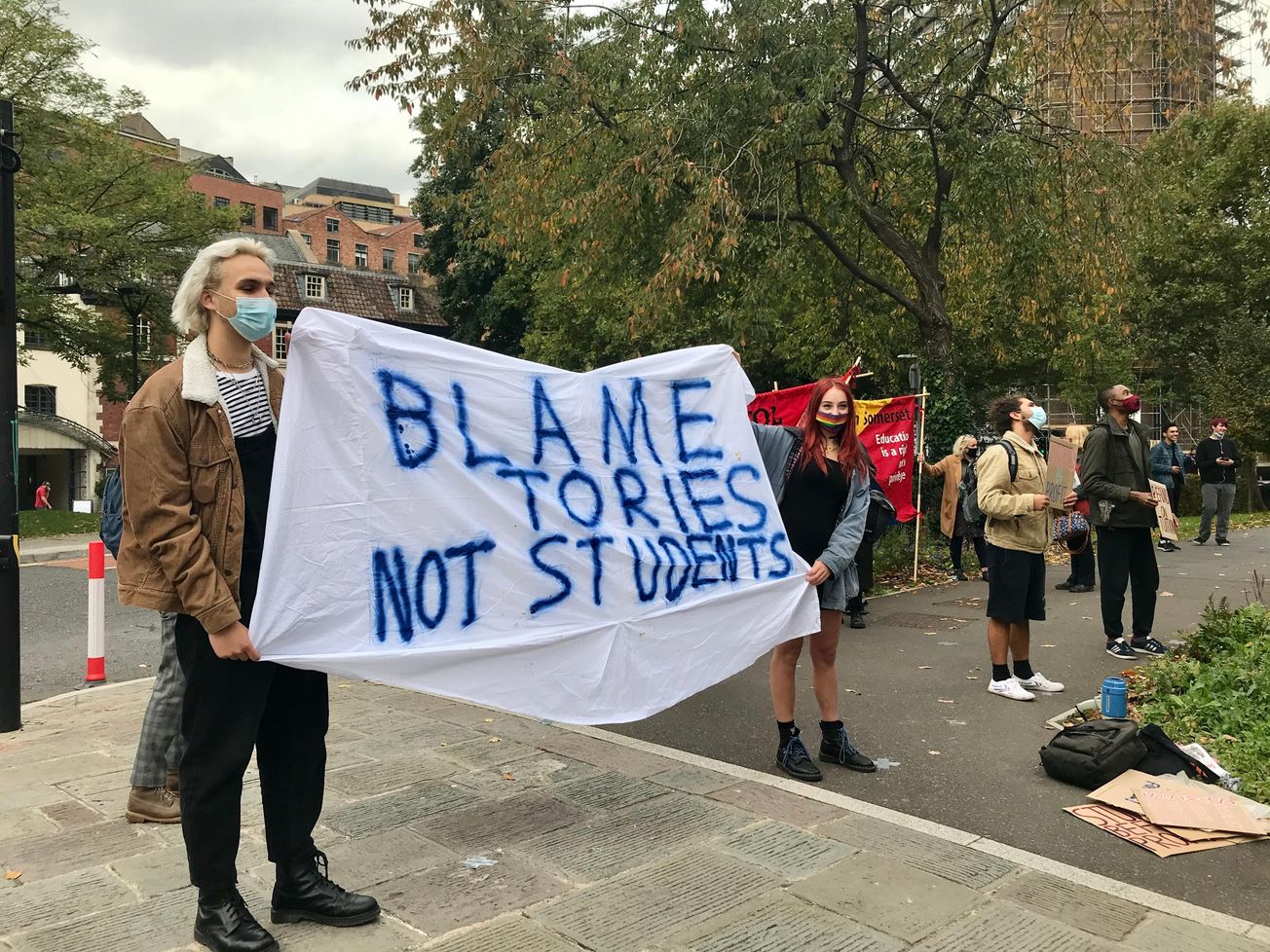By Ben Carpenter, Second Year, Film and Television
In the tense and often politically divided stomping ground of higher education, it may be reasonable to assume that the answer to the question of whether you can have friends of different political beliefs would be a resounding ‘no’.
We often hear people of an older generation denounce the discussion of politics with the phrase ‘separate the politics from the person’. Whilst this slogan may sound wilfully ignorant and consequentially outdated, it does open up the discussion of the ability to separate political beliefs from ethical ones.
For many people, myself included, your political stance doesn’t just represent who you vote for, but also where your morals lie. If you follow this theory, seemingly if someone who leans left politically were to attempt to form a friendship with someone who leans right this relationship would not work as typically these political opinions oppose each other, especially in the perspective of human welfare, society and the moral compass.
However, to assume such a broad stance you would need the student body to be made up of simply two homogenous groups – the right and the left – which of course is not the case.
Aside from factoring in the wide range of views on the political spectrum, I believe the key determinator of a friendship between two people with completely different political views lies with each individual’s personal identity and background.
Say you have two white straight cis-gendered wealthy males. One leans right politically, and the other leans left. At the end of the day, despite their disagreements regarding politics, neither one’s party is likely to cause harm or difficulty to either individual.
Your political stance doesn’t just represent who you vote for, but also where your morals lie
Further, neither one’s opinion is likely to damage the wellbeing or existence of the other, partially due to self-preservation but largely to do with their position of privilege. As a result, a friendship may seem feasible.
A friendship between two individuals with opposing political views in a University environment largely lies on the impact of their respective political views on each other.
Before writing this piece, I spoke to my transgender housemate, who also happens to hold a communist political stance. After talking in depth about the topic, I quickly realised what a privilege it is to be able to even consider the question of whether people of different political leanings could be friends.
Despite being a queer male myself, I am still in a position of privilege
I came to realise that this question holds a very different value to her. Despite being a queer male myself, I am still in a position of privilege in that whilst my existence may be challenged both politically and socially, the struggles of the transgender community are head and shoulders above anything I could understand.
My housemate simply doesn’t have the privilege to surround herself with people of completely opposing views as these people’s views, and consequentially their social stances, inherently go against her existence.
Opinion | Students are terrified to share their political opinions at university
Political TV shows to keep you entertained during lockdown
Further, whilst she may not have the supposed privilege of this decision, she would also not like to devote her time to someone with such opposing values.
Whilst this statement in itself could lead the discussion even further into the arena of echo chambers and wilful ignorance, this is still a privileged discussion in themselves that the oppressed of society, many of which attend this University, simply don’t have the privilege to consider.
Featured Image: Epigram / Emilie Robinson
Do you think it is possible to be friends with someone who has radically different political opinions to you?









